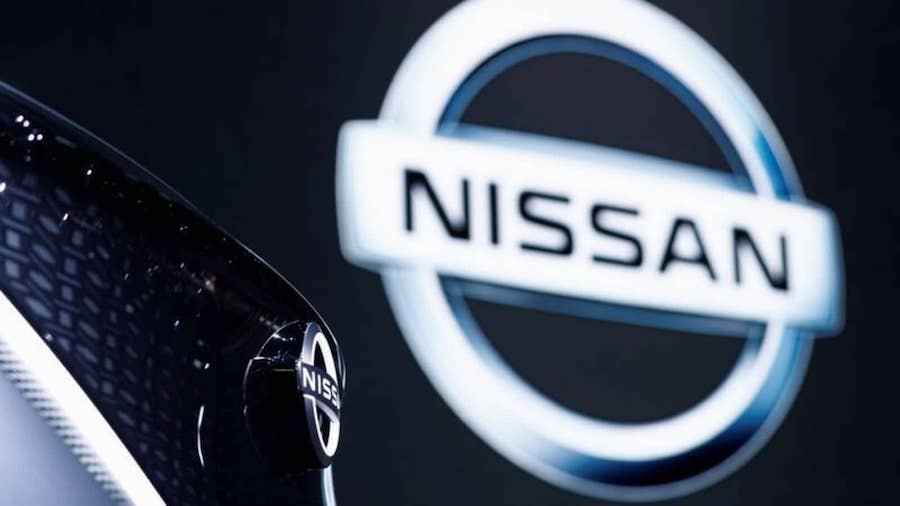Nissan Develops New Tech That Can "Inactivate" Viruses

Nissan announces that it has worked with Tohoku University’s Faculty of Pharmaceutical Sciences to develop a new technology that inactivates viruses.
According to the release, the collaboration leverages "Nissan’s technologies and expertise in automotive development, and the Tohoku University faculty’s technologies related to drug development, drug evaluation, and other pharmaceutical sciences, catalyst preparation, and catalyst performance evaluation."
So how does this new tech works? The technology uses organic nitroxyl radical oxidation catalysts, or otherwise known as radical catalysts. They are used as additives in the polymer base materials of automotive paints, as well as in the fiber and organic polymer materials used in vehicle interiors and exteriors.
In Nissan cars, radical catalysts prevent photodegradation reactions such as cracking, embrittlement, and fading over long periods of time. The automaker has been researching and developing other uses of radical catalysts in an effort to make the most of their catalytic activity and further contribute to society.
In the case of viruses, radical catalysts inactivate viruses by oxidizing organic compounds, or more specifically, inactivating the spike protein so as to prevent binding with a human cell.
The technology works on the SARS-CoV2 (omicron strain), the studies show. An alternative SARS-CoV2 virus, a feline coronavirus, was also tested and proved to be effective. It also works under dark conditions at room temperature without requiring light irradiation, as is usually the case with oxidation.
Moreover, Nissan said that this technology can also inactivate pathogens such as fungi and bacteria. The company also sees a wide range of applications for the said tech in the future. These include antibacterial and antiviral base materials in filters for air conditioning equipment and air purifiers. They can also be used in masks and textiles used in hospitals.
Related News
